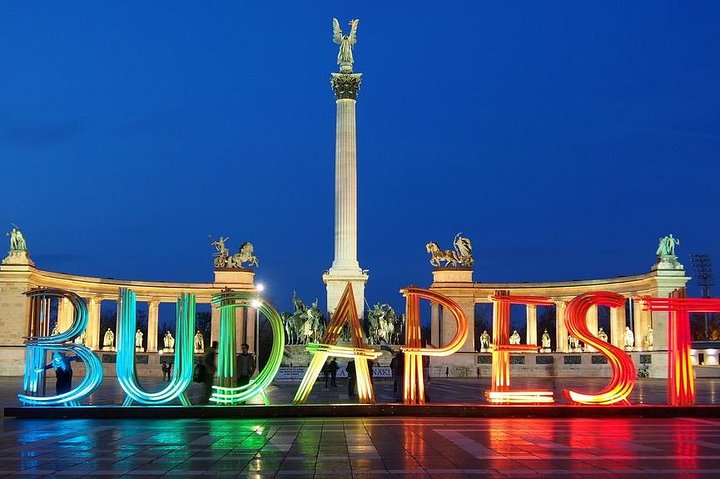Immerse yourself in the unique Busó Festivities in Mohács and discover the rich Hungarian folklore and carnival traditions. Enjoy comfortable transfers, professional guides, and flexible timing. Book now!
Immerse yourself in the unique Busó Festivities in Mohács and discover the rich Hungarian folklore and carnival traditions. Enjoy comfortable transfers, professional guides, and flexible timing. Book now!
-
Mohácsi busójárás - The Busó carnival is part of a wider array of celebrations that are also found in the mythologies of various cultures, marking the transition from winter to spring and invoking mystical safeguarding and fecundity through time-honored ceremonies.
The Busó festivities share commonalities with other famous carnivals, such as those…
- Mohácsi busójárás - The Busó carnival is part of a wider array of celebrations that are also found in the mythologies of various cultures, marking the transition from winter to spring and invoking mystical safeguarding and fecundity through time-honored ceremonies.
The Busó festivities share commonalities with other famous carnivals, such as those in Rio and Venice, as well as with customs of native African tribes, but in Mohács, the practice is rooted in the narrative of driving away the Turks.
The Busó people who scared away the Turks
According to folklore, the 300-year-old Busó tradition commenced during the second battle of Mohács, when our cunning forebears hid from the Turkish forces on what is known as Mohács Island, which is actually situated on the opposite bank of the Danube River. They donned frightful disguises and masks and crossed back over the river, startling the superstitious Turks who, upon witnessing the masked figures, were struck with terror and abandoned the town.
Woolly shipskin cloaks, masks and rattlers
Recognized on the UNESCO Representative List of the Intangible Cultural Heritage of Humanity, this event stands as one of Hungary’s grandest carnivals and a significant folkloric occasion.
The hallmark features of the Busó festivities have been preserved: adults bid adieu to the harsh winter and welcome the forthcoming spring by wearing woolly sheepskin Busó cloaks, trousers stuffed with straw and ornately adorned stockings, along with intricately carved masks. They also arm themselves with the traditional noisemakers of the festival, including sizable, cacophonous rattlers and clapper bells.

- Private transportation
- In-vehicle air conditioning
- Private transportation
- In-vehicle air conditioning
- Gratuities
- Gratuities
The Busó festival is a part of a larger group of celebrations that are also found in the mythologies of other cultures, marking the transition from winter to spring, and bestowing magical safeguard and fecundity through age-old ceremonies.
The Busó celebrations share certain aspects with the carnivals of Rio and Venice, as well as the customs of native…
The Busó festival is a part of a larger group of celebrations that are also found in the mythologies of other cultures, marking the transition from winter to spring, and bestowing magical safeguard and fecundity through age-old ceremonies.
The Busó celebrations share certain aspects with the carnivals of Rio and Venice, as well as the customs of native African populations, albeit in Mohács, the origin of the tradition is linked to the legend of frightening away the Turks.
- Pick-up from the hotel
- Private transportation with a roomy minibus
- Professional driving and guiding
- Fluid timing
- Immediate Verification
For a full refund, cancel at least 24 hours before the scheduled departure time.
For a full refund, cancel at least 24 hours before the scheduled departure time.

















